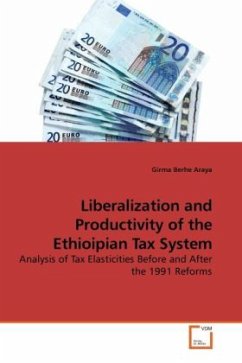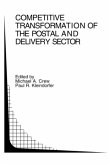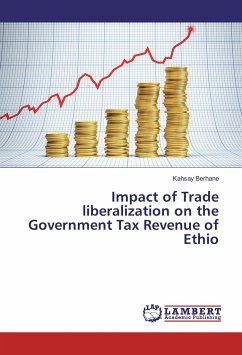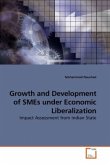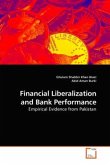This book analysed the effect of the liberalization reforms undertaken since 1991 in Ethiopia on the tax revenue collection system of the country. One of the most important aims of the liberalization reforms was to redress the budgetary deficit inherited from the previous government by prudent spending policy and improving the revenue collection capacity of the country. This book looked in to whether this objective had been met or not and found out that there was a slight improvement in the productivity of the over all tax system. Not only that, the different direct taxes;namely, personal income tax, business income tax and agricultural income tax as well as indirect taxes and import duties in the country were analysed in reference to both their respective tax to base and base to GDP elasticities which showed that the reforms had an improving effect on most of these tax categories.
Bitte wählen Sie Ihr Anliegen aus.
Rechnungen
Retourenschein anfordern
Bestellstatus
Storno

